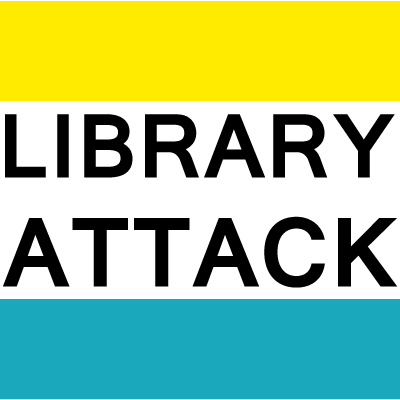Last week was National Library Week. I didn’t really celebrate. (Oddly enough, I’ve never really ever noticed anything like that on campus in my decade here. Dang… I sound old.)
Andrew Krzmarzick, the Director of Community Engagement at GovLoop, started a discussion about National Transportation Knowledge Networks. It almost made me weep with joy for a variety of reasons, mainly – I was chuffed to see somebody out of the usual suspects talking about it.
Some background:
The concept of knowledge networks is relatively new, but basically it is about the community working together, sharing resources and ideas, to foster innovation and communication. Libraries very much have a role in this model, and in transportation kicked the whole thing off. It started with the Midwest Transportation Knowledge Network (MTKN), which was a pilot for the TKN concept. Now we also have ETKN and WTKN. (I’m currently chair of WTKN.) As soon as the new transportation authorization comes through congress, hopefully they will fund the National Transportation Knowledge Network, which is sort of happening at TransportationResearch.gov, but of course it’s hard to do much with almost no resources.
The reason the GovLoop post almost made me weep is that I get excited and happy anytime non-librarians talk about the TKN idea. TKNs may have started with libraries because librarians are exceptionally good at networking and resource sharing, but I firmly believe it’s time for us to get other people to join the network. It’s a narrow definition of knowledge to say that it has to be stuff that could pass through the libraries’ domain. What about gray literature? The transportation community should not necessarily wait for ideas and work to be published or somehow officially deigned useful to share. Constant collaboration will not only improve research but also practices in the field.
I really see libraries acting as a hub to facilitate this communication and knowledge sharing, but it’s hard to get that message across. Many of the people I’ve talked to about it immediately jump to what I call the “reports conclusion.” That is to say, they assume “knowledge” comes in the form of a final report or something at the completion of a project. Knowledge doesn’t only manifest itself when a project manager or editor deems it though, it’s a continual spectrum. This is a great opportunity for libraries to get involved with the process and not wait for the end product and is not just limited to transportation. Of course then we enter into the resource problem. We’re all being asked to do more with less. How are transportation libraries supposed to help with the growth of TKNs if we can’t even perform our own basic functions? It’s hard and takes some sacrifice, but hopefully it will one day pay off. I’m actually optimistic.

Leave a Reply